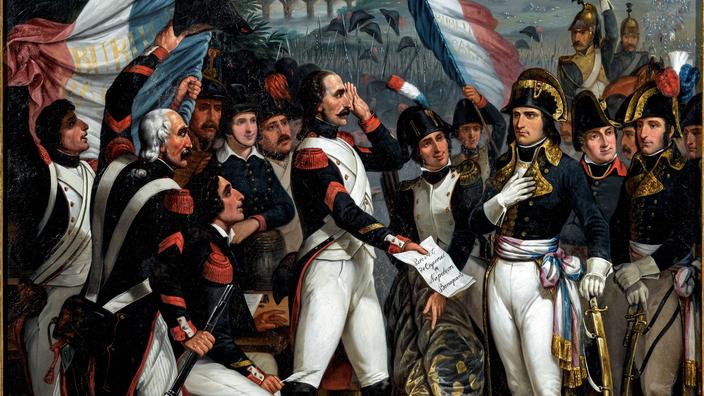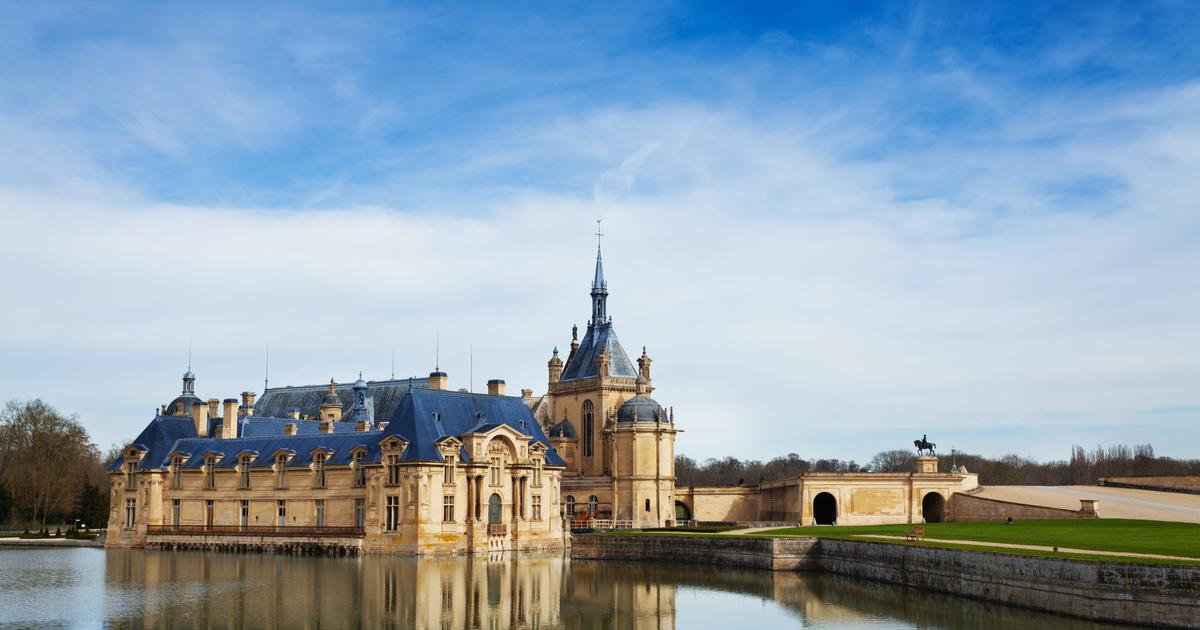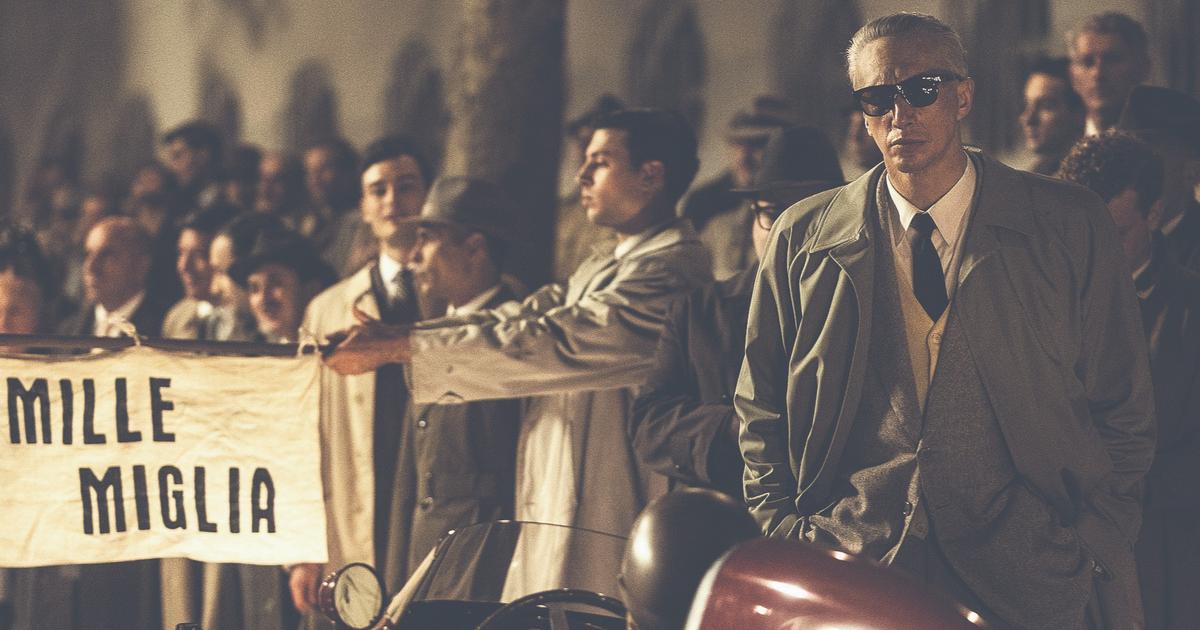The Corsican page is turned.
Bonaparte finds himself projected into the history of a Revolution that he has hitherto disdained.
He rejoins an army which is no longer royal but revolutionary.
He became a mountain dweller, the federalist cause having merged with a now hated Paoli.
To read also: Michel De Jaeghere: "Napoleon, bring in the accused"
Here he is, an artillery captain, besieging Toulon in September 1793 with the army of the Convention.
This is where his military genius is revealed.
Its guns precipitated the fall of the port then in the hands of the royalists and the English.
The era is overwhelming promotions.
As a reward, on December 22, 1793, he was appointed brigadier general.
But he owes this appointment to Robespierre's brother.
The fall of the Incorruptible on 9 Thermidor (July 27, 1794) therefore earned him to be dismissed and, for a time, put under arrest.
Was he again wrong in his choice?
In the grip of financial difficulties, he is in Paris in search of a command when the Convention is faced with a royalist insurrection.
Barras, who defends the Assembly, appeals to the republican generals who are in the capital.
Among them, this Bonaparte whom he met during a mission in the South.
The young general's guns once again worked wonders on 13 Vendémiaire (5 October 1795) when the Convention was surrounded by 25,000 insurgents.
Bonaparte had not attended in vain the capture of the Tuileries on August 10, 1792. He had been marked by the violence and effectiveness of the riot.
This time he prevents the concentration of the counter-revolutionary sections by prohibiting the avenues giving access to the district by artillery pieces.
He is helped by a young squadron leader: Joachim Murat.
No doubt they do not cannon the crowd on the stairs of Saint-Roch, as legend claims (the topography of the place is against it), but they disperse the rioters without weakness.
There will be no monarchical restoration.
The place is free for the Directory.
Paris, in Michelet's words, will become very gay again.
Bonaparte is for the first time on the winning side.
There he won the hand of a former mistress of Barras, Joséphine de Beauharnais, and the command of the army of Italy which must make a diversionary maneuver when the armies of Sambre-et-Meuse (under Jourdan) and the Rhine (under Moreau) will deliver the decisive blows to the Austrians and will march on Vienna.
This command, Bonaparte passionately wanted it, because he had already drawn up several invasion plans of the peninsula under Robespierre.
On March 26, 1796, he was in Nice.
The next day, he receives the generals placed under his command: Masséna, Augereau, Laharpe and Sérurier.
They did not welcome his appointment: this general has to his credit only an inglorious operation of maintaining order, he is new on the battlefields of Europe.
Masséna considers him a schemer, Augereau considers him a fool.
Legend has it that, with a single glance, he conquered them.
Another legend: the destitution of the army of Italy, which has been exaggerated.
Last legend: the famous proclamation that Bonaparte allegedly addressed to him: “
Soldiers, you are naked, malnourished;
the government owes you a lot, it cannot give you anything.
(…) I want to lead you to the most fertile plains in the world.
(…) You will find honor, glory and riches there.
None of this is true.
The harangue dates from Saint Helena.
Opposite, the Austro-Sardinian army has 80,000 men against barely 60,000 for the French, but it is commanded by elderly generals: Beaulieu is seventy, Wurmser seventy-one.
Bonaparte, like Joubert, has twenty-six.
He will apply there, from the start, what will become his favorite principle: surprise.
It relies on the speed of its movements, and the concentration of its forces to face one after the other without dispersing its adversaries.
It emerges by the pass of Cadibone on April 11, 1796, between the Austrian forces and the Sardinian army, and in three days separates them.
He pushes back the Austrians at Montenotte on April 12, crushes the Sardinians on his left at Millesimo on the 13th then on his right the Austrians at Dego on the 15th. Already very tried, cut off from the Austrians, the Sardinians are finally annihilated in Mondovi on April 21 and continued to Turin.
The sovereign of Piedmont-Sardinia signed peace on May 15 and recognized by the Treaty of Paris the attribution of Savoy and the County of Nice to France.
We must now face the Austrians of Beaulieu again.
His main concern is to defend Milan.
Bonaparte crossed the Po at Plaisance on May 7.
The confrontation takes place in Lodi.
Beaulieu abandoned the city to the French to fall back on the left bank of the Adda, on the other side of a dilapidated bridge that he was unable to destroy.
At the end of a fierce battle, the French cross it.
Beaulieu's army is retreating.
The road to Milan is open.
Bonaparte made a triumphal entry there immortalized by Stendhal in La Chartreuse de Parme: “
On May 15, 1796, General Bonaparte made his entry into Milan at the head of this young army which had just crossed the Lodi bridge, and learned at world that after so many centuries Caesar and Alexander had a successor.
"
A legend is in fact being born.
“
After Lodi,” Napoleon said later, “I no longer regarded myself as a simple general but as a man called upon to influence the fate of a people.
"
Cover of the Figaro Hors-Série Napoleon: the epic, the myth, the Versailles trial, RMN-Grand Palais, Franck Raux
Discover on Figaro Store,
Le Figaro Hors-Série:
Napoleon, the epic, the myth, the trial
“
A single man was alive then in Europe;
the rest of the beings tried to fill their lungs with the air they had breathed
”.
Fifteen years after Napoleon's death, Alfred de Musset thus expressed the grandeur of the myth he had embodied.
That of a strategic genius carried by an irresistible enthusiasm, a flamboyant epic, whose brilliance and panache remain.
To commemorate the bicentenary of his death, on May 5, 1821, the Figaro Hors-Série is associated with the two major exhibitions organized at the Army Museum (the Death of the Emperor) and at the Grande Halle de la Villette (Napoleon ), and retraces, with the help of Napoleon's best specialists, the incredible itinerary of the melancholy young Corsican who became emperor of all the French.
Story of his life in twelve days, illustrated dictionary of characters (wives, family, generals, ministers), decryption of the myth sifted through history: savior of the Revolution, civil and military engineers, conqueror of Europe ... Discover the incomparable destiny of Napoleon.









